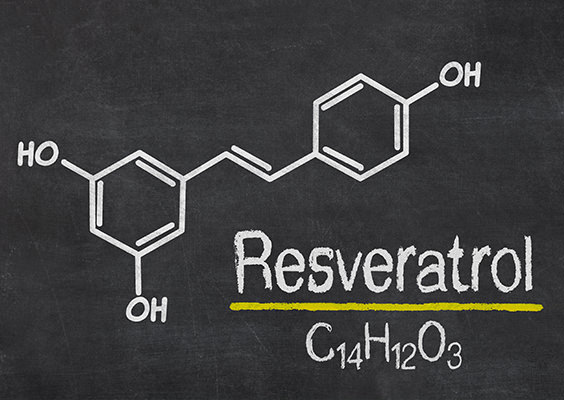New, “hidden” resveratrol benefits have just been confirmed by researchers — and I’m not surprised.
You may already know that resveratrol is the astonishing antioxidant that’s found in red wine.

I’ve been a fan of it for a long time, because of its anti-aging qualities. It helps prevent heart disease by increasing levels of HDL cholesterol, and protect against artery damage and high blood pressure. It even stimulates the production of adult stem cells, which boosts your immune system.
But that’s just a few of the reasons why I recommend red wine in moderation to my patients at the Sears Institute for Anti-Aging Medicine.
My own research at my clinic shows that resveratrol also has the power to improve brain function — and the latest research backs me up.
In a minute, I’m going to show you the best ways to get resveratrol into your diet — apart from the occasional glass of red wine.
But first, let’s take a closer look at this wonder nutrient.
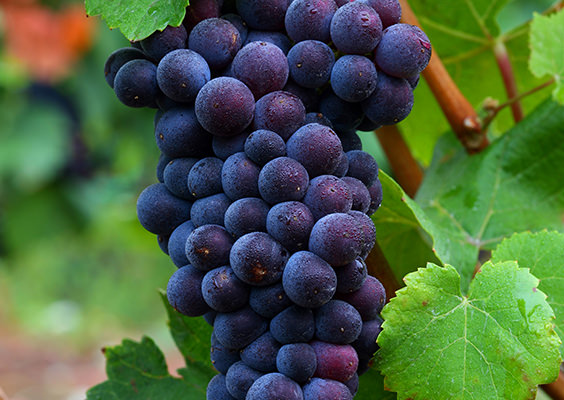
Resveratrol is a natural flavonoid found in the skin of grapes. Its biological purpose is to protect the grape from threats like cold weather, UV radiation and microbial attacks.
Scientists have now confirmed that it can also boost the health and power of your hippocampus, an important area of your brain that’s a seat of learning, memory and your thinking power.
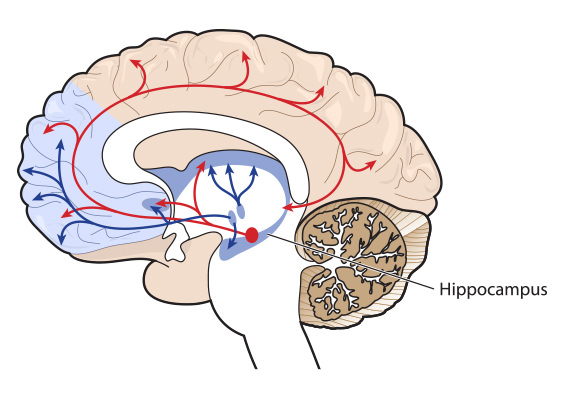
I think of resveratrol as one of nature’s anti-aging therapies.
Compelling studies have already shown the neuro-protective impact of resveratrol. The results of one such U.K. study concluded that high doses of resveratrol can improve blood flow in the brain and boost brain health. i,ii
In another recent study, researchers investigated the effects of resveratrol on hippocampal neuroplasticity and cognitive performance in mice.
The primary focus of the study was the effect of
resveratrol on cell survival and the proliferation of hippocampal neurons to counteract cognitive decline often associated with aging.The researchers discovered that resveratrol promotes both cell survival and neurogenesis in the hippocampus, thus boosting both learning and memory processes. iii
This cell survival is linked to resveratrol’s telomere-lengthening properties.
What are telomeres?
Telomeres are the protective caps at the ends of each strand of your DNA. When you are young your telomeres are long. But every time a cell divides the telomeres get shorter.
Over time, your telomeres get so short they can’t protect your DNA as well. When a cell divides, new cells are defective. You begin to develop the signs and diseases of old age.
Short telomeres also dramatically boost your risk of serious diseases. They’ve been linked to a 300% increased rate of death from heart disease. They’re also linked to an 800% higher death rate from infectious diseases. iv
You see, resveratrol has a direct impact on your body’s production of telomerase, the enzyme that “rebuilds” your telomeres. And studies prove that resveratrol can significantly increase telomerase activity. v
New studies now show that resveratrol can also have the same impact on the neurons in your hippocampus.
But here’s the catch…
Different wines have varying levels of resveratrol. White wine, for example, contains very little resveratrol, because it’s not made with grape skins.
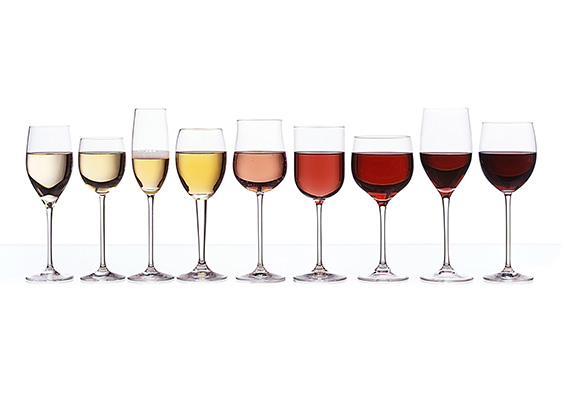
You’ll find the most resveratrol in red wines come from colder regions — like Northern California, Oregon and Washington State, as well as French red wines from Burgundy, where the climate is generally cool and damp. The same applies to South American wines, like Malbec, which are also grown in colder, more elevated regions.
I like to stick to red wines made from Pinot noir grapes, which are one of the most difficult varieties to cultivate, because they’re finicky and only thrive where it’s chilly and wet. These grapes are also loaded with resveratrol.
But if you don’t like to drink alcohol, the good news is that there are alternative sources of resveratrol. Good food sources of the nutrient include raisins, peanuts, plums, cranberries, mulberries and purple grape juice.
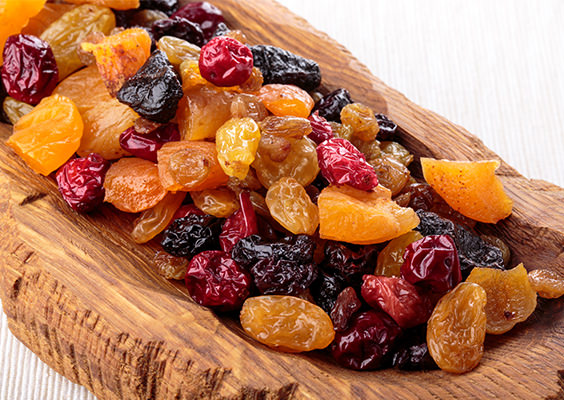
Resveratrol supplements are an even better option. They’re not only inexpensive and safe, but you can take them any time of day, with or without food. You can easily find them in health food stores or online.
I recommend 100 mg of pure trans-Resveratrol per day for telomerase activation — and a healthier heart and mind.
To Your Good Health,

Al Sears, MD, CNS
References:
iSonmez U, Sonmez A, Erbil G, Tekmen I, Baykara B (2007). Neuroprotective effects of resveratrol against traumatic brain injury in immature rats. Neurosci Lett. 2007;420(2):133–7. E
iiKennedy DO, Wightman EL, Reay JL, Lietz G, Okello EJ, Wilde A, Haskell CF. Effects of resveratrol on cerebral blood flow variables and cognitive performance in human: a double-blind placebo-controlled, cross investigation. American Journal of Clinical Nutrition.
iiiTorres-Pérez M, Tellez-Ballesteros RI, Ortiz-López L et al., (2015). Resveratrol Enhances Neuroplastic Changes, Including Hippocampal Neurogenesis, and Memory in Balb/C Mice at Six Months of Age. PLOS One 22;10(12):e0145687. doi: 10.1371/journal.pone.0145687. eCollection 2015.
ivCawthon, R.M., Smith, K.R., O’Brien, E., et al, “Association between telomere length in blood and mortality in people aged 60 years or older,” Lancet 2003, 361(9355):393-395.
vWang XB, Zhu L, Huang J, Yin YG, Kong XQ, Rong QF, Shi AW, Cao KJ. “Resveratrol-induced augmentation of telomerase activity delays senescence of endothelial progenitor cells.” Chin Med J. 2011 Dec;124(24):4310-5.

